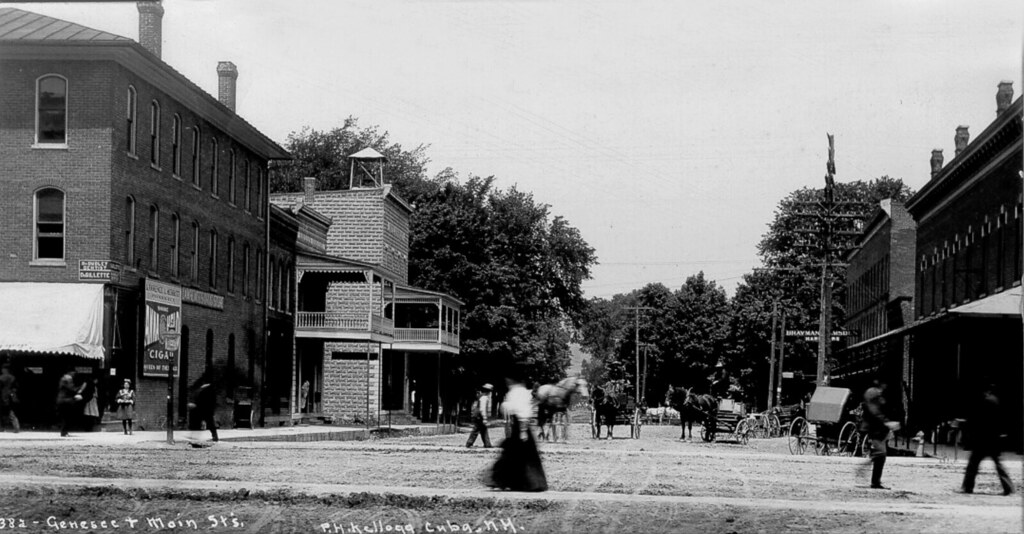The following is an editorial from the Cuba Patriot, originally published Dec. 12, 1973:
How Far a Dollar Goes: A Global Perspective on Food and Consumer Quality
According to the American Bankers Association, the average U.S. wage earner must work just 24 minutes to afford a pound of sirloin steak. In contrast, the average Russian must work 132 minutes, while the average Japanese worker clocks in at a whopping 269 minutes for that same cut of meat. This stark difference highlights not only wage disparities, but also the varying costs of living around the world.
When comparing the percentage of household income spent on groceries, the contrast is equally telling. U.S. consumers spend approximately 16.3% of their income on food, while Europeans spend around 69%, and Africans nearly 70%. Despite rising food prices in the United States, and a noticeable uptick in grocery expenses over time, American households continue to fare better than many of their international counterparts. This is, at least in part, a testament to broader economic policies and systems that have helped shield American consumers from the full brunt of global inflationary pressures.
Still, consumer gripes remain. When faced with subpar products or lackluster service, it’s natural to look back nostalgically on “the good old days”—a time, some would argue, when craftsmanship and pride in work were more deeply ingrained. But before indulging too far in rose-colored memories, it’s useful to recall the limitations of the past: fabrics that shrank after a single wash, tires that wore out quickly, brittle plastics, and food that demanded hours of preparation at home because ready-made alternatives simply didn’t exist.
Indeed, every era has its pros and cons. For as much as we long for a perceived higher standard of quality in the past, it’s likely that previous generations contended with just as many complaints—though perhaps of a different kind. The real progress lies not in perfect products or flawless service, but in our ability to adapt, innovate, and continually strive for better.
This article is a community submission from David H. Crowley and has been rewritten and edited for publication. The views expressed are those of the author and do not necessarily reflect the opinions of the publication.













